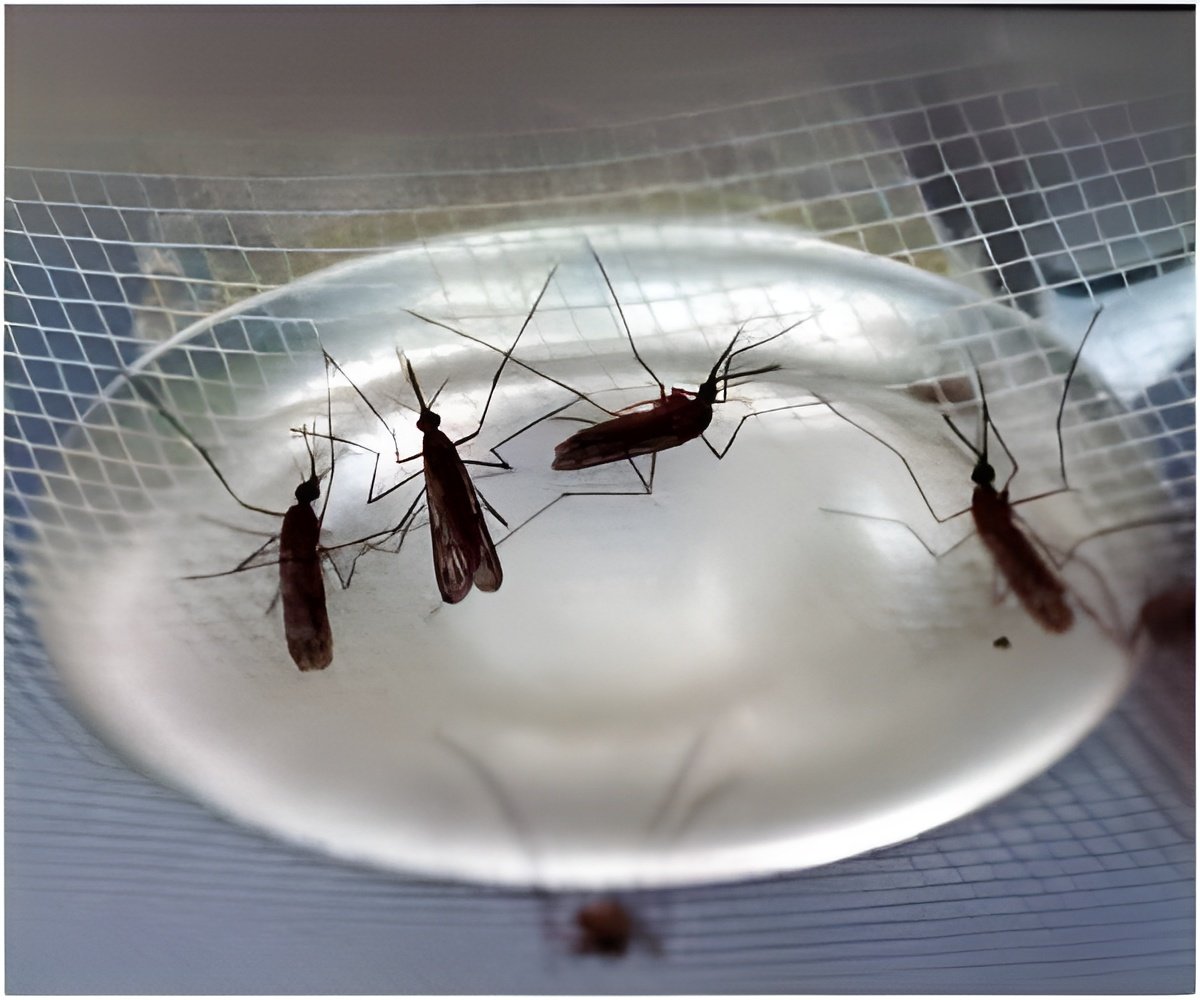75 documented episodes of malaria resurgence worldwide have been around since the 1930s, most of which were yoked to weakening of malaria control programs, discovers a new study.

Low cost treatment is available and simple solutions to prevent the diseases, like insecticide treated mosquito nets and malaria prevention during pregnancy, have all been shown to reduce the number of deaths due to malaria. Initiatives like Roll Back Malaria, set up in 1998, aim to reduce child mortality due to malaria by two thirds, by 2015, using large scale implementation of these simple solutions.
Researchers from the Clinton Health Access Initiative, the Johns Hopkins Malaria Research Institute, the Center for Disease Dynamics, Economics and Policy, and the Global Health Group at the University of California, San Francisco (UCSF) conducted a systematic review of the literature to identify all documented malaria resurgence events where malaria had returned to an area previously under control.
The causes of malaria resurgence were categorized as being due to weakened malaria control programs, increased intensity of malaria transmission (such movement of people or mosquitoes, weather, or changes in land use) , or technical obstacles including resistance of the malaria parasite to drugs. 91% of the 75 resurgence events found were blamed at least in part on the weakening of malaria control programs.
Lead author Justin Cohen, PhD, MPH of the Clinton Health Access Initiative explains, "Malaria control programs have been shown to be extremely successful in reducing the number of cases of malaria to very low levels, but history demonstrates that gains can be lost rapidly if financial and political support is not sustained. Finding ways to ensure continued funding for malaria control today will be crucial to building on the gains of the past decade."
Investments in malaria control have created unprecedented momentum and yielded remarkable returns in the past years. However, the future of anti-malaria programs is uncertain as current funding is projected to decline over the next few years.
Advertisement
Finding innovative ways to continue investing in successful malaria control and elimination programs is necessary to ensure that the dramatic progress in the fight against malaria is maintained and extended. Maintaining support for these programs will allow them to continue to save thousands of lives year after year.
Advertisement











